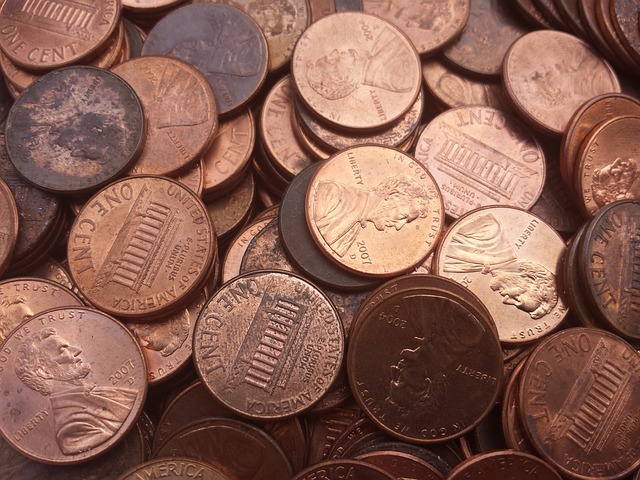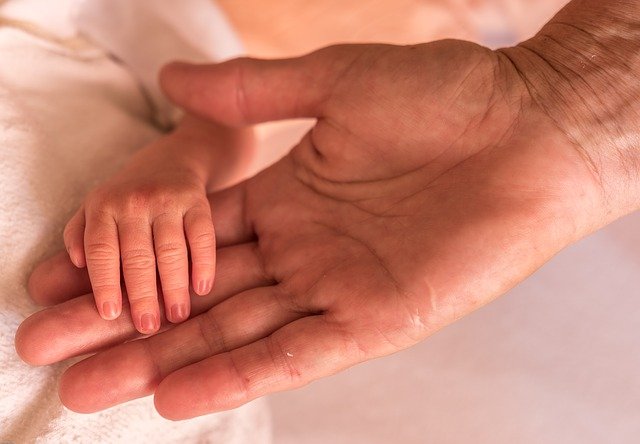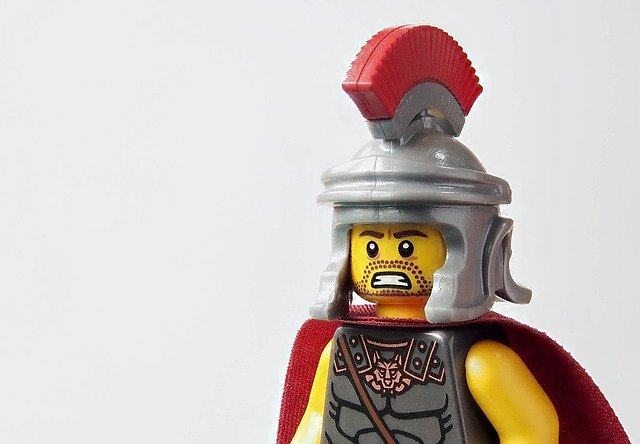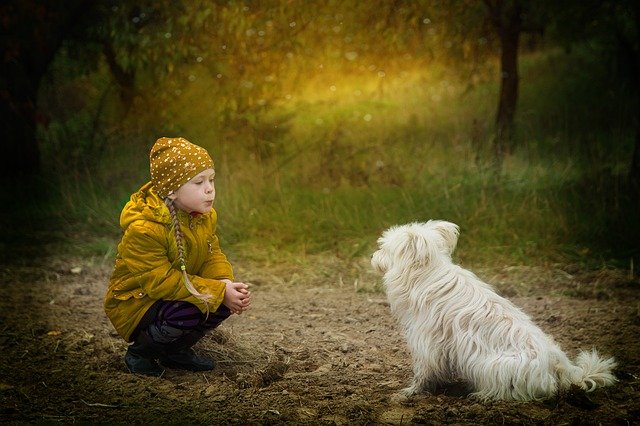Frugality is a way of living economically and not being wasteful. Of all of the values we emphasize at Greystone House, frugality is perhaps the most at odds with our culture. In a day and age where we are pelted with ads and messages to buy more, many of which we do not even consciously register, the idea of balancing our inputs and outputs can seem quite odd. But ultimately, the payoff of a frugal life is the freedom to take advantage of more choices while defining our path in life. This should drive us all as human beings to consider this value.
As a business, we have an imperative to be frugal. The idea of unlimited funds and unending resources is a nice one, but at the end of the day we have the livelihoods and futures of a number of people to consider. That means we have to carefully consider what we consume, what we forego and how we minimize or even eliminate our waste. Businesses that survive and thrive long-term are those that behave as responsibly (frugally) during times of plenty as during hard times.
There are other influences beyond ads, social media and consumerism that can help us observe the benefits of being frugal and this week’s curriculum is a prime example of one – nature itself. We will be looking at wild animals and focus, in part, on their contribution to the systems and cycles in nature that support us. Waste in nature is very rare. When an animal perishes it is consumed by other animals. The air we exhale is consumed by the plants that, in turn, filter it and return it to us to breathe once again. Decaying plant material feeds the soils that are at the core of life itself. This frugal system is endlessly appealing to children who find answers for so many of their curiosities in the natural world. This makes frugality a particularly fun value for us to demonstrate.
As parents, there is a lot we can do to encourage frugality. The most obvious is to live frugally ourselves. This doesn’t have to mean depriving ourselves. Instead, the focus of frugality by example is to demonstrate how minimizing our obligations maximizes our choices. A fun weekend day trip is an opportunity to call out that by spending less than we make, we have more opportunities to do fun things as a family. There are of course numerous opportunities to start children practicing frugal behaviors early. For younger children, requiring that a current toy be donated for another child to use before they can have a new toy is a great way to emphasize balance as well as to highlight the notion that when we are done with something, someone else may be happy to benefit from it. There are also activities that young children love that can serve as a backdrop for reinforcing a balanced life. Gardening is one of our personal favorites. The cycle of composting food waste to reduce trash and to create fertilizer that we apply to the soil that nourishes the seeds we plant that turns into food we eat is amazing. And if your children are like ours, digging around in the dirt is a major bonus.





